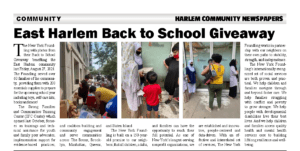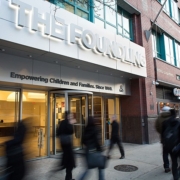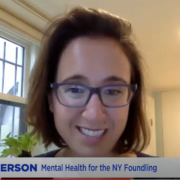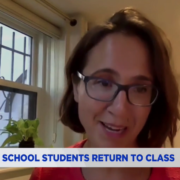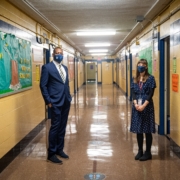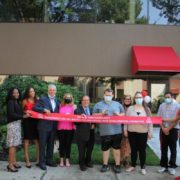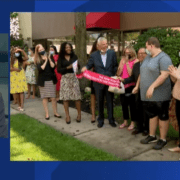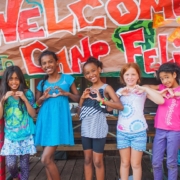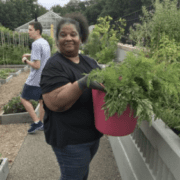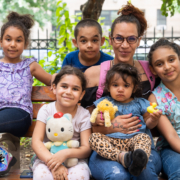The 74 Million recently reported on the difficulties young people have found accessing mental health care during the pandemic – as they note, 58% of young New Yorkers didn’t get the help they needed during these difficult times, and resources can be hard to access. The article showcases The Foundling’s School-Based Mental Health program as a model for connecting young people with the mental health professionals they need, and discusses the benefits of its wide-reaching and holistic approach to mental health.
“We don’t only focus on the students. We believe that in order for mental health services to be sustainable and effective in school, we have to address the entire school as our client, as a community that we’re working with,” said Reïna Batrony, vice president of The Foundling’s services for community- and school-based programs.
Read more at The 74 Million


